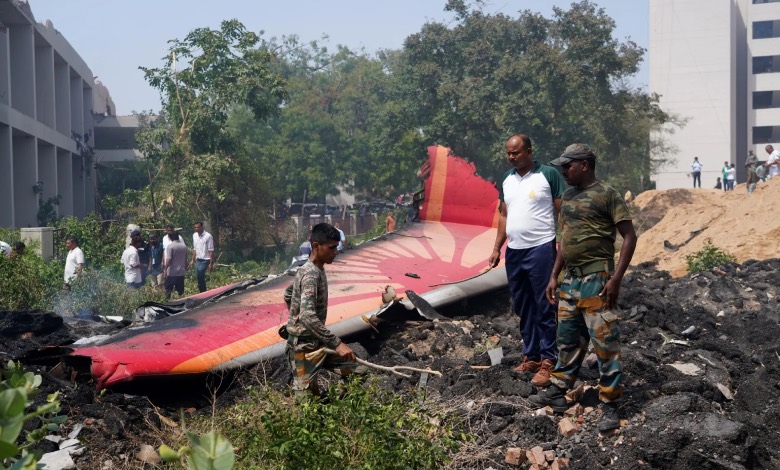Cockpit Recording Suggests Captain Cut Fuel Supply in Air India Crash

Washington/Seattle— A cockpit voice recording from the Air India flight that crashed in June suggests the captain may have shut off the fuel supply to the plane’s engines, according to a source familiar with U.S. officials’ preliminary review of the evidence. The Boeing 787 Dreamliner, en route to London’s Gatwick Airport, crashed shortly after takeoff from Ahmedabad, India, on June 12, resulting in the deaths of 241 of the 242 people on board and 19 others on the ground.
The recording captures the first officer, who was piloting the aircraft, questioning the captain about moving the fuel control switches to the cutoff position, which halted fuel flow to the engines, the source told Reuters. The first officer urged the captain to restore the fuel flow, but the plane was too low and slow to recover, aviation safety expert John Nance explained to Reuters. The aircraft struck trees and a chimney before crashing into a building on a medical college campus, erupting in a fireball, according to the preliminary report by India’s Aircraft Accident Investigation Bureau (AAIB).
The AAIB’s initial findings, released on July 12, noted that the fuel switches for both engines were moved from the “run” to “cutoff” position seconds after takeoff, with a one-second gap between the actions. The switches were later returned to the “run” position, and one engine began regaining thrust, but the plane could not avoid the crash. The report did not specify which pilot made which remarks or who issued the “Mayday, Mayday, Mayday” call just before the crash.
Air India CEO Campbell Wilson, in an internal memo dated Monday, stated that the preliminary report found no mechanical or maintenance issues with the aircraft and confirmed that all required maintenance had been performed. The AAIB report made no immediate safety recommendations for Boeing or GE Aerospace, the engine manufacturer.
ALSO READ : Air India Crash Investigation Centers on Captain’s Actions, WSJ Reports
Following the report’s release, the U.S. Federal Aviation Administration (FAA) and Boeing issued private notifications affirming the safety of the fuel switch locks on Boeing aircraft, according to a document reviewed by Reuters and four sources with knowledge of the matter. The investigation remains ongoing, with a final report expected within a year, as is standard under international aviation protocols.
The crash, one of the deadliest aviation disasters in a decade, has prompted renewed debate over the installation of cockpit video recorders to complement existing voice and flight data recorders. The absence of video footage leaves investigators reliant on audio and data evidence to determine the precise actions in the cockpit.
